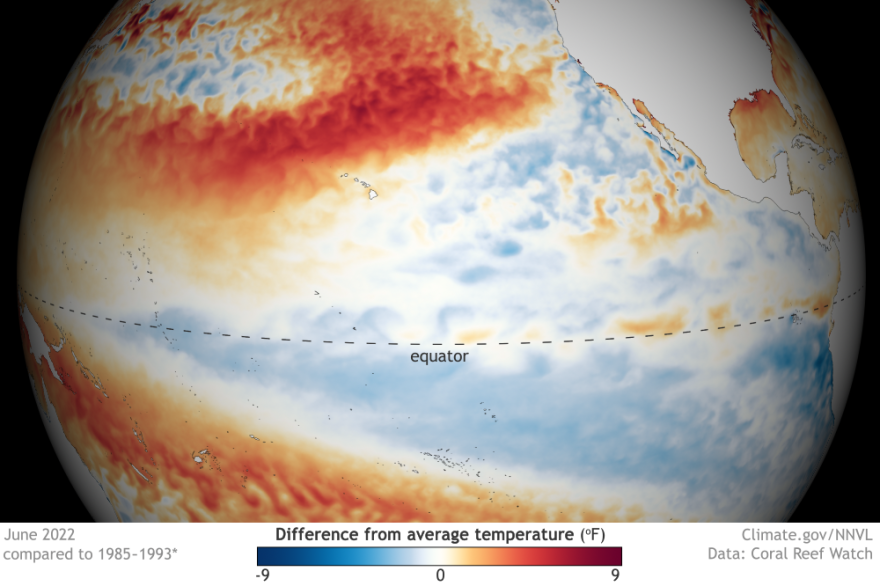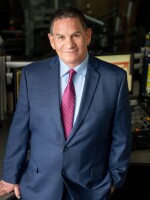It’s a sound we haven’t heard very often during the last few month. It's the sound of rain.
One of the nation’s leading climatologists says those sounds could continue to be infrequent, with key indicators showing that we could be in for a third straight year of drought.
"This is the third year in a row that La Nina has hung in there," said Dr. Bill Patzert. "It keeps the jet stream farther north. The southern tier of the United States tends to be drier, and the northern tier tends to be stormier."
He said it's too late in the year for an El Nino to develop, which could mean above average rainfall.
Patzert said drought is increasingly becoming the new normal for weather in the Western United States. He said El Ninos and La Ninas play a key role, but there is another increasingly influential factor, in the form of climate change.
Patzert says a big unanswered question is how much of a factor climate change plays will El Nino, and La Nina. He said that's being studied now.
"Right now, we don't full understand it," said Patzert. "It's a hot topic of research, and there's a lot of speculation."
But, he says with warmer temperatures, the atmosphere holds more moisture, and that leads to more extreme weather events.
The scientist says there are more issues than just climate change. Patzert said while people want to blame drought for the growing number, and intensity of major wildfires, people have to take some of the blame. We put out forest fires for decades instead of letting them burn, which means that fuel has built up to unnatural, and dangerous levels.
And, Patzert said there’s another issue. He says we aren’t managing our water resources efficiently. He cites overuse of water from reservoirs, as well as overpumping from groundwater basins. The climatologist said that for years, we have been using water faster than nature can replenish it.
The climatologist says some of the major reservoirs in the Western United States are at record low levels, and groundwater basins are being overdrawn.
Patzert said while we are in water conservation mode now, we need to stay in that mode permanently. He said while we will have some wetter than average water years in the future, the historical record shows we will more than likely see more drought years. In other words, he said we need to conserve water like drought is a permanent thing.



